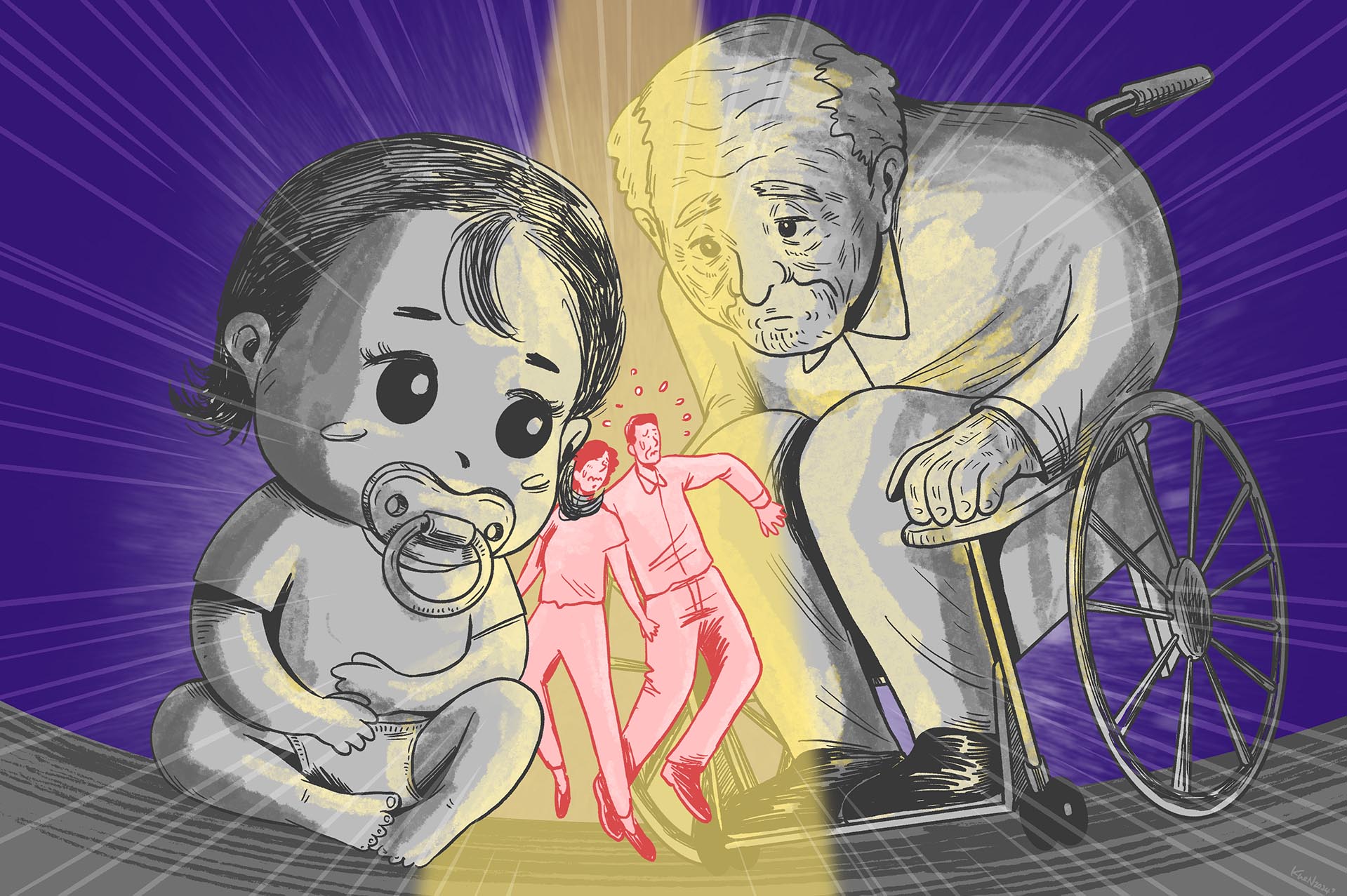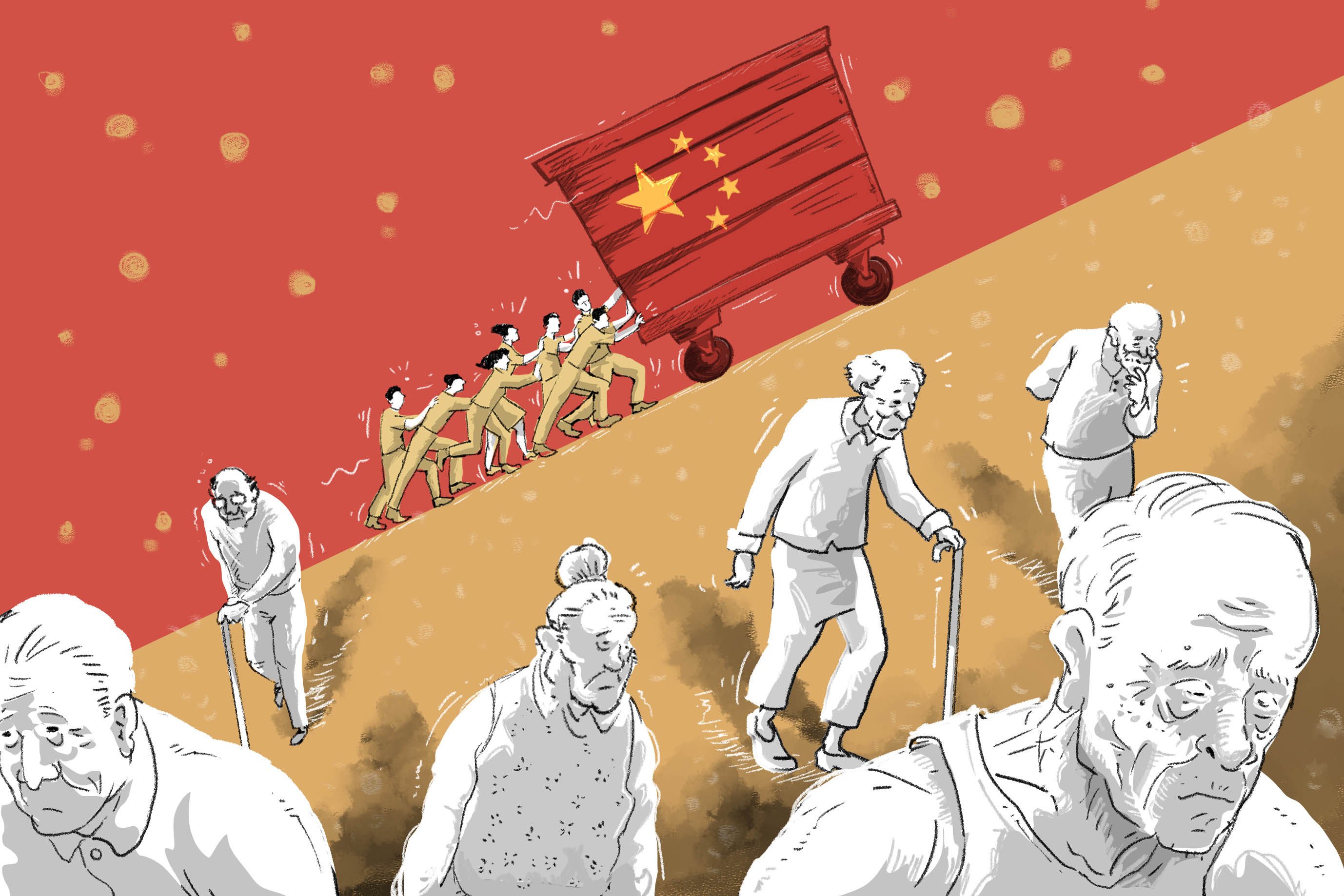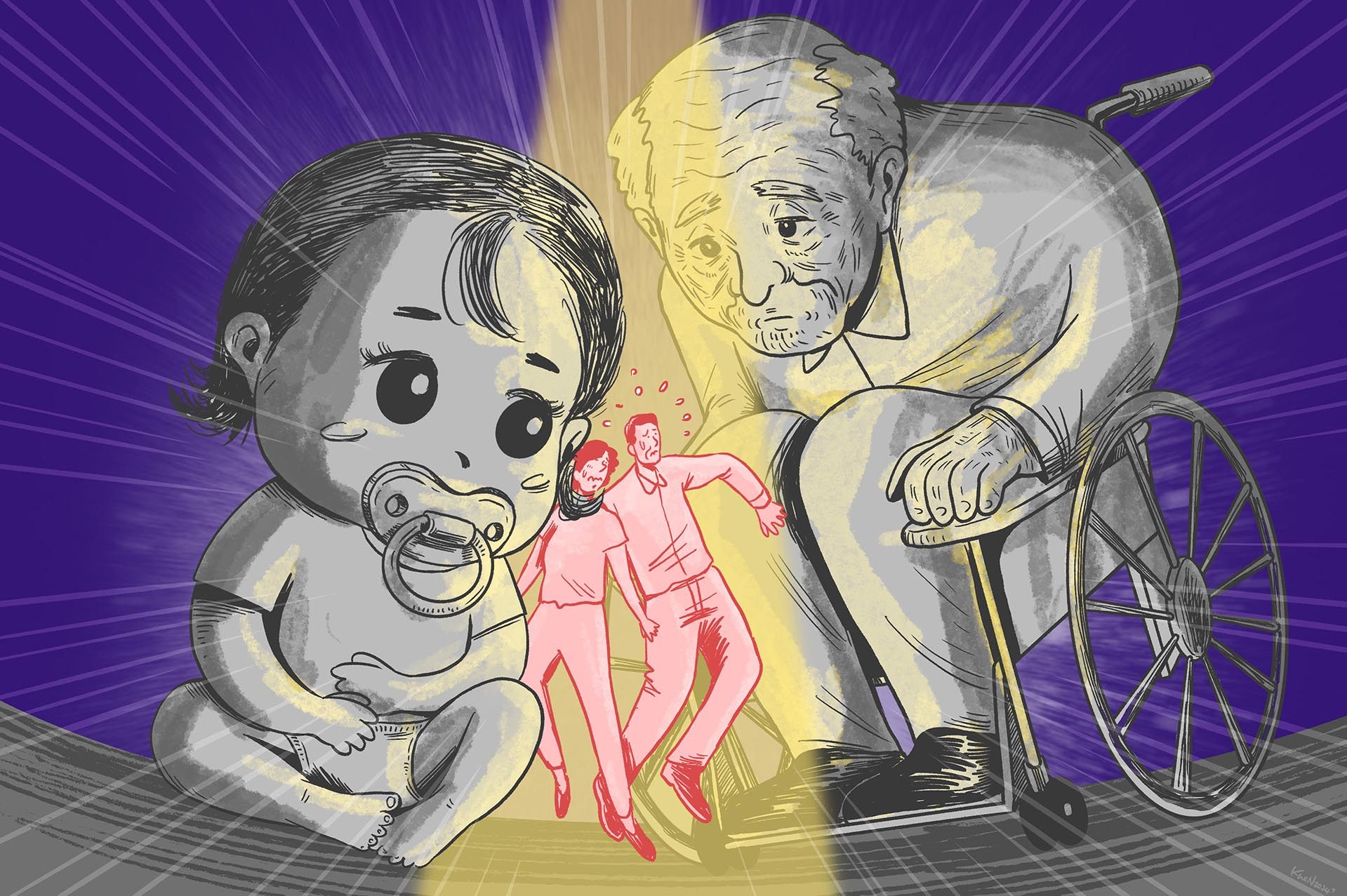Advertisement
Advertisement
China’s population crisis: is it irreversible?
China’s marriage and fertility rates remain on a downward trajectory, fueling a demographic crisis that threatens the nation’s economic and social stability. In this six-part series, we examine the far-reaching consequences of a shrinking and ageing population, from the rise of a “companionship economy” to the challenges faced by the “one-child generation” and the economic risks associated with losing the demographic dividend.
Updated: 30 Dec, 2024

Advertisement
[1]
Too busy for love in time of baby bust: Chinese students embrace being single
Fears expressed that heavier burdens stemming from a focus on finding a job and making money could add to China’s demographic crisis.
29 Dec, 2024

Advertisement
Advertisement
[2]
China’s lonely-heart crisis fuels a growing ‘companionship economy’
As Chinese society becomes more atomised, consumers devoid of human interaction are increasingly opening their wallets to stave off loneliness.
17 Nov, 2024

[3]
China’s current pro-birth policies cannot offset population crisis, expert warns
Cash subsidies for multiple children are doing little to offset China’s declining fertility rate that has far-reaching economic implications.
19 Oct, 2024

[4]
Can an ageing, shrinking China still achieve prosperity?
Growing elderly population another conundrum for Chinese policymakers grappling with high youth unemployment and ‘ultra-low’ fertility.
13 Oct, 2024

[5]
How China’s ‘little emperors’ went from monarchs to overwhelmed caregivers
China’s one-child policy has created a zero-sibling generation – and caring for parents and children in a tough economy is taking its toll.
02 Oct, 2024

[6]
How raising China’s retirement age can help Beijing buy time to plug pension gap
Last week, China announced plans to gradually raise retirement ages by up to five years by 2040, starting from January.
17 Sep, 2024

